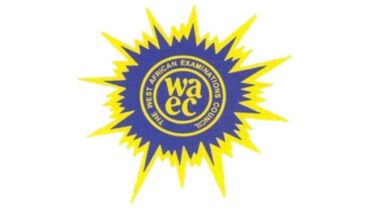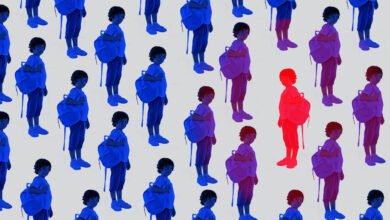Federal Government to Recruit Retired Teachers for Technical Schools

The Federal Government has begun moves to engage retired teachers as tutors under its newly launched Technical and Vocational Education Training (TVET) programme. This development was contained in a memo issued by the Ministry of Education’s Technology and Science Education Department and obtained in Abuja.
The government recently introduced a free nationwide TVET scheme, offering participants a monthly stipend of N22,500 to aid transportation and training. The initiative is designed to equip Nigerians, especially young people, with practical, employable skills that support self-reliance and stimulate economic growth.
Implemented in partnership with the National Board for Technical Education, the programme features accredited training centres across all 36 states and the Federal Capital Territory.
According to the memo, retired technical teachers are being invited to contribute their expertise by teaching specialised trade subjects or serving as quality assurance mentors in TVET institutions.
The ministry noted that its decades of experience are vital to bridging knowledge gaps and maintaining high standards across the system. Interested professionals are encouraged to contact the National Coordinator for enrolment.
The government has also reformed the TVET curriculum to emphasise 80 per cent practical training and 20 per cent theory, ensuring graduates are better prepared for workplace demands. Additionally, Nigeria recently signed an agreement with China to expand vocational learning through enhanced technical training collaborations.
Further strengthening the sector, 15 new vocational trades have been added to the basic education curriculum. An artisan-led mentorship model has also been introduced, enabling skilled craftsmen to guide students and deepen real-world learning in technical colleges.
This renewed commitment to vocational education aligns with the Right to Education, which guarantees every child access to quality, relevant, and skill-oriented learning. It also reinforces the Right to Development, ensuring children are equipped with the knowledge and skills necessary to thrive, contribute meaningfully to society, and secure a productive future.





